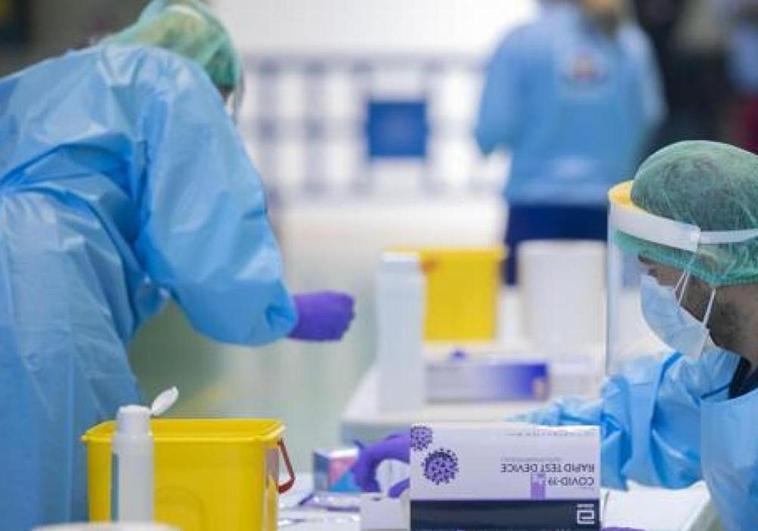
WHO officially declares end of the international emergency due to Covid
The World Health Organization said that it is a "prudent" decision and warned that it can revoke it if the health situation worsens adding the virus remains a "global threat"
Álvaro Soto
Madrid
Viernes, 5 de mayo 2023, 17:49
The World Health Organization (WHO) has declared that Covid-19 is no longer an international emergency. Almost three years after the health agency set off all the alarms about the then new coronavirus discovered in China on January 30, 2020, the situation in the world has improved, although in these 1,191 days, the disease has claimed a very high price with 756 million infections and 6.9 million deaths diagnosed worldwide, although the figures underestimate reality. The WHO itself believes that 20 million people could have died.
The director general of the WHO, Tedros Adhanom Ghebreyesus, has announced the decision this Friday (5 May). “Yesterday, the Emergency Committee met for the fifteenth time and recommended that I declare the end of the public health emergency of international concern. I have accepted that advice," said Ghebreyesus, who wanted to make it clear that even if the alert level is lowered, Covid-19 vigilance will continue.
“It has been a decision taken with caution. I will not hesitate to declare an emergency again if the situation changes", he stressed. In fact, he has insisted that the virus remains a "global threat."
“Covid has changed the world and it has changed us. And that's how it should be. If we go back to the way things were before, we will not have learned our lesson and we will have failed our future generations," Ghebreyesus said.
The WHO announcement is more symbolic than effective since, for months, all countries had relaxed prevention measures against the coronavirus. But even so, it represents "great hope," added the head of the health agency.
In January, the WHO had already studied in January whether to declare the end of the international health emergency, but then a more conservative position was chosen. At the time, Ghebreyesus stressed that "vaccines, treatments and diagnostic tests" had saved lives.
But at the same time, he lamented that in many parts of the world, the fight against the virus remained "deficient because in too many countries these powerful life-saving tools continue not to reach the populations that needed them most".